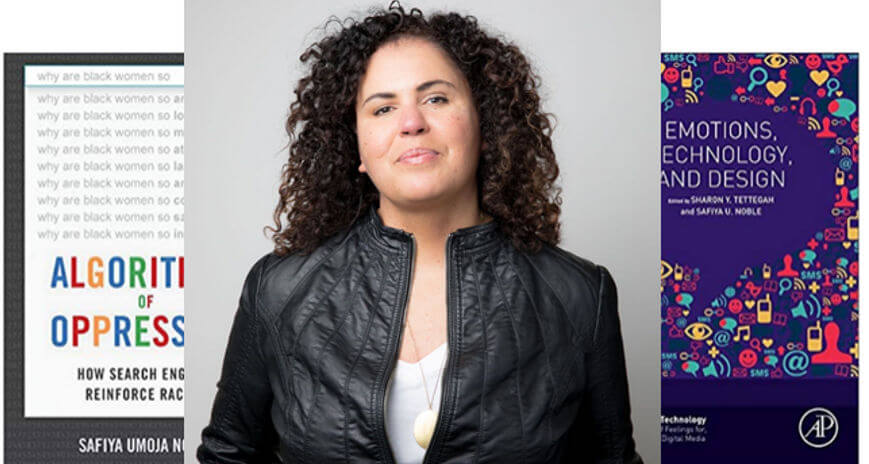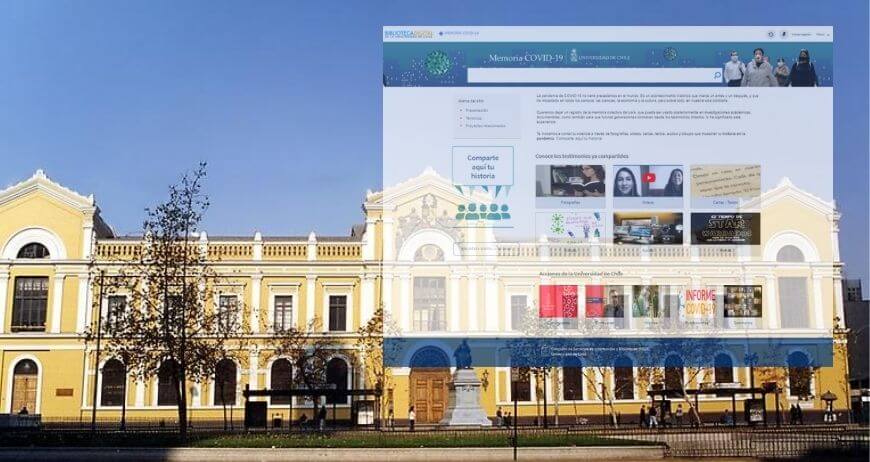Dani Guzman, Product Marketing Director, Ex Libris
The beginning of the year is a good time to look toward the future. Even way in the future, like the year 2100, as Slate and Arizona State University did. Looking at the nearer term, the Scholarly Kitchen reported on a survey concerning what may well become one of the most important developments in enabling universities to track and evaluate research work – ORCID. Alongside the question of who owns any given research, Scholarly Kitchen also addressed the problem of determining its value in the free-for-all that is the Internet. Finally, in the spirit of New Year’s resolutions, we offer three questions library employees should ask themselves every day in order to make their workplace a place worth coming to in the morning (or so says Steven Bell at the Library Journal).
What Will Libraries Be Like in 2100?
With a timely comment that “Librarians are the Jedi knights of our culture’s future and deserve to be respected for that,” Jim O’Donnell, professor and librarian at Arizona State University, reflects on what libraries will be like in the year 2100. His article is part of a Slate magazine, New America and Arizona State University collaboration called Future Tense, which recently hosted a conference on the future of the library. In his article, O’Donnell foresees a duality of one universal, global library alongside 3 million physical libraries, to match a rapidly growing world population. If the libraries ever do disappear, he says, it will be “because the responsible leaders of a community deprive them of support, take them for granted, treat them dismissively.” Read more>>
All about ORCID
ORCID (Open Researcher and Contributor ID) provides a persistent personal digital identifier for scholars, so they can ensure that their work is recognized. Alice Meadows, Director of Communications for ORCID, wrote a Scholarly Kitchen article on the results of a recent survey of nearly 6,000 people on the perceptions and understanding of ORCID within the global scholarly community. One result that Meadows said was surprising for her colleagues was the overwhelming support (72%) for legal mandates of ORCID identifiers, alongside almost a third of respondents who didn’t even know what ORCID was. For more interesting analysis, the stats are broken down by discipline, region and sector. Read more>>
The Knowledge Supply Chain in the Internet Age: Who Decides What Information Is Trustworthy?
Julia Kostova, of Oxford University Press, and Patrick H. Alexander, of Pennsylvania State University Press, consider some of the issues raised by the disruption of “the traditional knowledge supply chain” by the uncontrolled Internet. While the crush of information means being able vet the knowledge we consume for trustworthiness is more important than ever, Kostova and Alexander ask what the role of publishers will become as custodians of quality information. Read more>>
Three Questions to Ask and Answer Every Day
In an article in the Library Journal, Steven Bell, Associate Librarian at Temple University in Philadelphia, highlights three questions that he believes every library employee should ask themselves, in order to “create the library environment they and their colleagues will want to come to every day.” The questions are: “Am I thinking like an owner? What did I do to make our director or dean look good?” and “How did I make a difference for our community?” Why these three, Mr. Bell? Read more to find out>>









